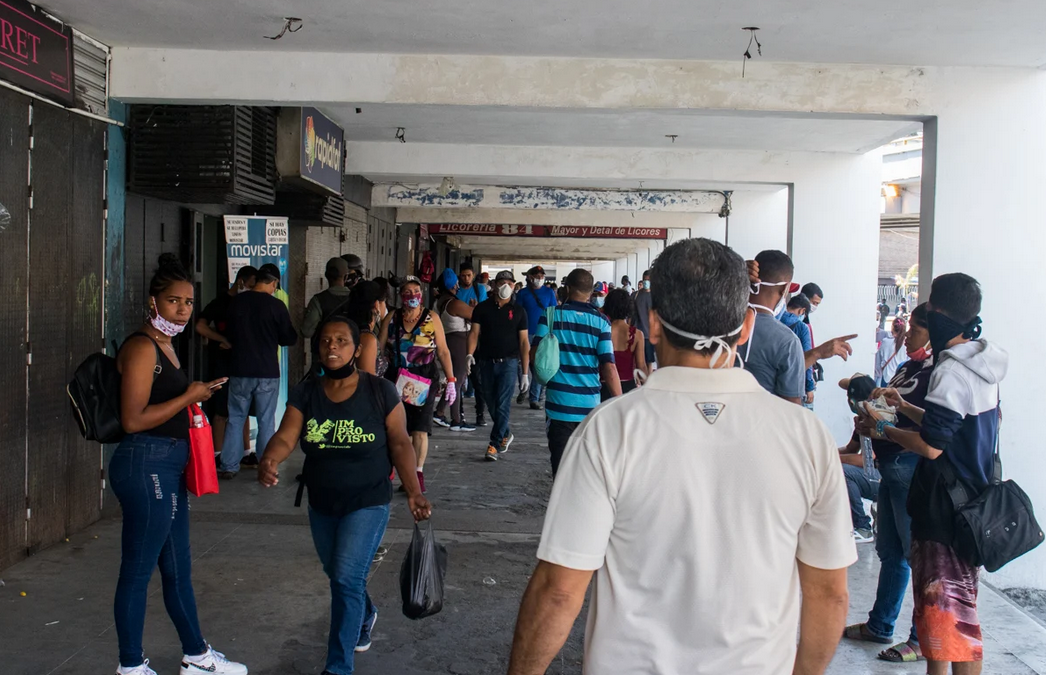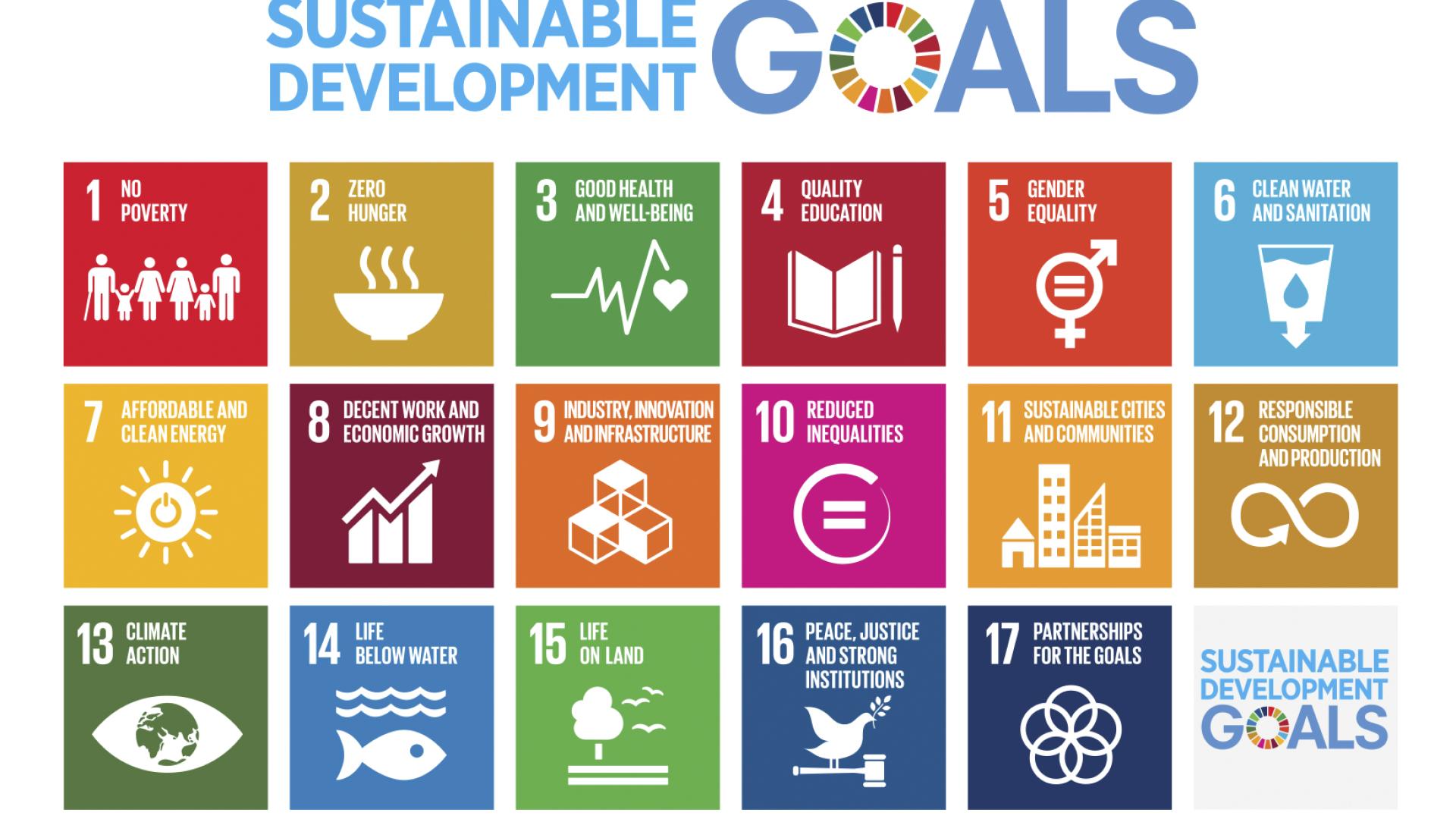98% of 532 survey respondents revealed that they receive salaries or income that do not exceed five national minimum wages, less than US $ 1.90 per day.
These data are part of the result of a study that adheres to the guidelines stipulated in the operational plan of the project entitled “Strengthening the capacities of Civil Society Organizations, CSOs, which work with excluded populations in Venezuela”, jointly developed by Manantial de Vida Pro Defensa de Los Derechos Humanos (Spring of Life for the Defense of Human Rights, AMAVIDA) and Acción Ciudadana Contra el SIDA (Citizen Action Against AIDS, ACCSI), under the auspices of the regional and thematic cooperation programs of the European Union (EU).
The study was presented on February 12, at the Conference Hall of the Chacao Suites Hotel in Caracas.
The diagnostic study on the employment status of young people in a condition of social vulnerability residing in Venezuela, by the researcher and professor of the Central University of Venezuela, Renato Cerullo, yields results that in some cases allow corroborating, and in others complementing, the estimates of the International Labor Organization, ILO, and the National Survey of Living Conditions (Encovi) on the economic activity of the young population.
98% of 532 survey respondents revealed that they received salaries or income that do not exceed five national minimum wages (less than US $ 1.90 daily). This situation places them in extreme working poverty, according to the ILO.
This social condition reaches all women and men.
The study also highlights that 47.4% of unemployed young people, despite registering an average age of 23 years, were not studying during the reference period of the investigation.
If this condition is associated with the fact that 74.1% have a medium level of education, and only 18.1% have a university degree, it can be concluded that some find themselves in a particular situation of social vulnerability.
On the other hand, 21.6% of unemployed respondents report having offspring, one child on average, and 94.8% say they contribute to their support.
Another thing that recognizes the research led by Renato Cerullo, is that this sector of the population is the victim of recurring discriminatory actions when it belongs to indigenous and tribal peoples, or because of their sexual orientation, gender identity, and HIV / AIDS status.
28.2% of the 532 respondents belong to the LGBTI community.
The characterization of this subgroup is mainly based on the sexual orientation expressed by men and women (19% gay, 4% bisexual, 4% lesbian and 1% pansexual – person who feels erotic-affective inclination for people regardless of their sex, identity of gender or sexual orientation); more than in gender identity (only 1.5% are defined as transgender and 1.3% as intersexual – a person who has both feminine and masculine physical characteristics).
On the other hand, it should be noted that the LGBTI population that participated in the study is mostly made up of men, in a proportion that exceeds 3.3 times the representation of women.
In the total of the LGBTI sector consulted, the percentage of extreme working poverty reaches 98.6%, in the case of men this figure amounts to 100%, while in women it represents 94.3%.
Individuals living with HIV constituted 11.8% of the target group. In this case, males have the highest incidence: 17% compared to 5.5% evidenced in females.
In the specific case of people who claim to have relatives or close friends living with HIV, the figure amounts to 23% of the overall total.
But just as this community faces great challenges in the labor market, indigenous peoples are also particularly vulnerable to social, economic and labor factors since their livelihoods and ways of life, cultures, identities, and rights tend to be undervalued and displaced by the cultural and economic practices of other members of society; and even tend to be excluded from most of the policies and projects promoted by governments and international and local institutions.
3.6% of the respondents declare themselves as a member of an indigenous group, accounting for 3.1% of the total number of men and 4.2% of women.
Among indigenous workers who reside both in urban and rural areas, there is a high prevalence of employment in low-skilled informal jobs.
Methodology
The group considered for the study was delimited according to the guidelines established for the second phase of the operational plan of the Capacity Building of Civil Society Organizations project working with excluded populations in Venezuela.
The surveyed subjects were young people of both sexes, aged between 18 and 28 years old, with low economic resources, living with HIV, belonging to LGBTI or indigenous populations, and residing in 13 states of the country (Apure, Aragua, Bolívar, Carabobo, Federal District, Lara, Mérida, Miranda, Nueva Esparta, Portuguesa, Sucre, Táchira and Zulia).
Regarding the size of the sample, the only official reference framework available is the five-year population projection provided by the National Statistics Institute, disaggregated by age groups.
According to this data, the age group between 18 and 28, estimated at the national level for the year 2020, would reach 5,938,193 individuals, distributed in 2,907,470 women (48.9%) and 3,030,763 men (51.1%).
In total, 532 surveys were collected, in a period from September to December 2018.
Five sections were worked. The first delimitation of the target population: young women and men with limited economic resources, either living with HIV or belonging to LGBTI or indigenous populations.
The second section describes the results related to the employment situation of these young people, in which they specify their employment status, the type of occupation, the economy sector where they work, salaries, income, and other aspects that define their social and labor environment.
The third section shows the attitudes and practices they express regarding their employment status. The level of satisfaction with their work, salary, or income they receive were registered, as well as the situations of discrimination and violence they have experienced. Likewise, the practices they undertake when faced with their situation of unemployment, dissatisfaction with their type of occupation or income were described, as well as actions to report situations of discrimination and violence.
Section four details the attitudes towards business entrepreneurship. The fifth phase of the report reveals the willingness to emigrate manifested by the target population.
The study adheres to the guidelines stipulated in the operational plan of the project entitled “Strengthening the Capacities of Civil Society Organizations, CSOs, working with excluded populations in Venezuela”, jointly developed by Manantial de Vida Pro Defensa de Los Derechos Humanos Civil (Spring of Life for the Defense of Human Rights, AMAVIDA) and Acción Ciudadana Contra el SIDA (Citizen Action Against AIDS, ACCSI), under the auspices of the regional and thematic cooperation programs that the European Union (EU) maintains with the CSOs of Venezuela.
Specifically, the research responds to the second stage of this operational plan, which contemplates a diagnostic study of the social and labor context of the population of young people in a situation of social vulnerability, to establish a comparison parameter that allows evaluating the results of the training program that sustains the plan.
The investigation emphasizes that most of the interviewees allude to the situation of economic precariousness in which they find themselves.
You can download the full report in Spanish HERE.




